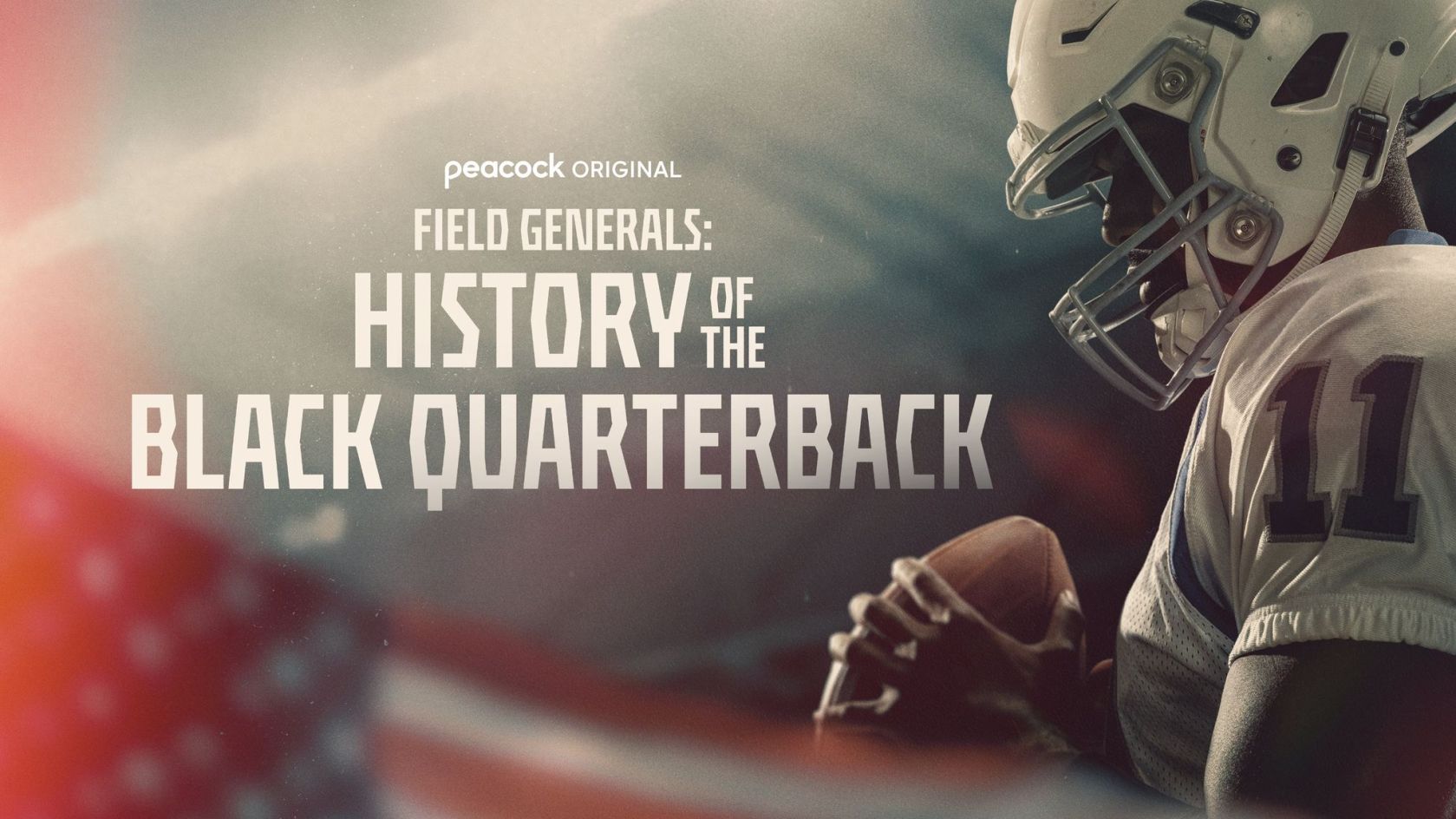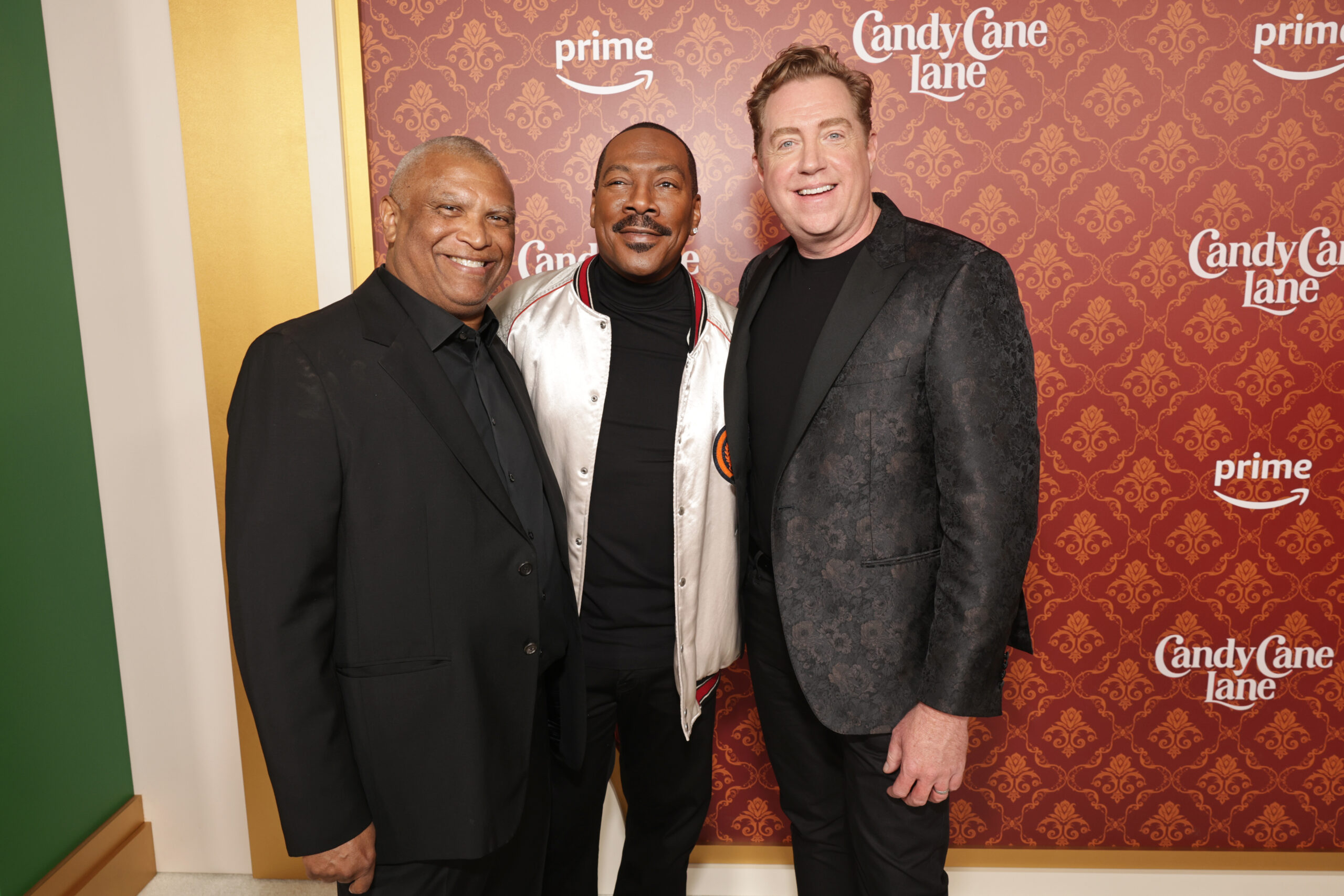A recent exposé on the royal family illuminates an alleged coordinated effort by high-ranking Buckingham Palace officials — with the tacit approval of certain royal family members — to smear Prince Harry and Meghan Markle in the British press in exchange for positive coverage about Prince William and Kate Middleton.
The circumstances led to the Duke and Duchess of Sussex’s decision to “step away” from their royal duties for good in February 2021, Omid Scobie, author of the new royal tell-all Endgame, tells Yahoo Entertainment in a new interview.
“I saw this for what it was, which was a mixed-race woman who was largely left unprotected and not defended or helped,” Scobie says. “Regardless of whether you like Meghan or not, she was still a human being and one that should have been treated as an equal to the people around her, but consistently wasn’t.”
The author, ABC News royal commentator and former Yahoo contributor, asserts that the book will “ruffle the feathers of the British tabloids” by shedding light on the longstanding agreement between the royal family and the media — a silent “pact” that has shaped their public image for decades.
“A lot of people I’ve known from my years of covering the royals will not see me as someone to talk to again,” he says. “And I’m OK with that.”
A ‘perfect princess’ and the ‘sacrificial lamb’
Since William and Kate’s relationship became public in 2004, Scobie says the royal family viewed her as a “perfect princess” who checked all the boxes of a future queen.
She was dutiful, well-spoken and “never complained.” That’s a major reason why, soon after she married Prince William in April 2011, the British tabloids “largely left her alone,” he says. At least for a while.
That changed in March 2019, he writes, when a story in Britain’s The Sun fueled gossip about William’s rumored affair with Middleton’s “glamorous best friend” Rose Hanbury. The story, which has since been deleted, acknowledged that Middleton had “fallen out” with Hanbury and that she’d instructed William to “phase her out.” The story prompted a wave of Twitter gossip and eventually made its way to American media. Two days later, the Daily Mail minimized the rumors to mere “dinner party gossip.”
According to Scobie, Kensington Palace’s press secretary Christian Jones was so “desperate to stop” the gossip surrounding Kate that he allegedly tried to convince The Sun’s then-executive editor Dan Wootton to scrap Kate’s negative coverage by finding ways to offer “scoops from elsewhere” as an alternative.
Weeks later, The Sun began limiting its Kate coverage, and, instead, shifted its focus on Meghan.
“The timing was dubious,” Scobie notes. In a matter of months, the paper that once labeled William “Workshop Wills” and the “cringey” heir began calling him a “hero” and a “man of the people,” declaring that the monarchy now rests in “safe hands.”
Things were different when it came to Meghan, Scobie says. Unlike Kate, the royal family and the British press were “hesitant to protect” the Duchess from what he describes as “sexist and racist stereotypes that we often see lauded against Black women.”
Ultimately, the unsolicited attention welcomed waves of online vitriol about the Duchess that “never stopped.” Wootton later revealed in an August 2019 segment for TalkTV that most of the tips he receives about the Sussexes come from “within the royal family.”
Meanwhile, the palace “stood there and watched, and did very little about it,” mostly because it proved to be “useful” for them, Scobie explains. “Meghan was the sacrificial lamb, if you will. It certainly wasn’t affecting the heir to the throne, or his wife.”
‘Standing up against racism isn’t in their style’
At a certain point, Harry “attempted to sound the alarm” on the negative press, he believed, was partly orchestrated by Jones and others. In January 2020, he shared his concerns with William, who was “surprisingly receptive,” a source describes in Endgame. The brothers agreed to do “something” about it, but months later, nothing was done.
Meanwhile, Jones was promoted from William’s press secretary to personal private secretary, “a station much closer to the future king,” Scobie defines it.
Harry gathered evidence in the meantime: “Relevant documents, intel from Scotland Yard and information from other journalists,” including some who worked at The Sun. With proof in hand, the royal went to the institution to implore them to take appropriate action. It didn’t go well.
Sources claim in the book that William Peel, the family’s most senior official, wrote a “threatening” message to Harry, not Jones, in response — without consulting the queen beforehand. Harry was later “officially and immediately” cut off from all financial support, including security.
Per the book, Charles‘s brother Prince Edward was one of the few who encouraged the King to “properly speak” with his son and move on. Meanwhile, his sister Princess Anne pressured him to evict Harry and Meghan from their newly renovated Frogmore Castle. “He knew she was right,” a source said in the book.
“There was nothing to stop them from protecting Meghan in the same way they did Kate,” Scobie stresses. “But standing up against racism isn’t in their style. There’s never been an example of that before.”
As “people educate themselves, and people’s unconscious biases become conscious, more people would like to see the same within the institution,” he adds.
‘An unusual competitiveness between Charles and his own children’
Adding to the layers, Scobie says, is the king’s purported “inability to command his family,” as evidenced by his “cold and brief” demeanor when deflecting Harry’s latest attempts to mend their relationship. The king refused to let “bygones be bygones for the sake of family harmony,” he writes.
It’s not just Harry. At one point, Charles allegedly had “schadenfreude” (enjoyment obtained from the troubles of others, per Merriam-Webster) after William’s controversial trip to Jamaica, which was beginning its transition from an island nation to a republic. Protestors had called out the prince for “centuries of British bloody conquest” through the “enslavement of Africans.” William wasn’t prepared to answer. Instead, he offered an apology the people interpreted to be insensitive.
“There was always an unusual competitiveness between Charles and his own children,” Scobie says. “There was often this feeling of competitiveness and envy when Harry and William were doing incredibly well. And there’s also been moments where their downfall is to his advantage.”
When Harry was caught several times smoking weed in his youth, for example, the family “leveraged it to boost Charles’s reputation in the press and in the public eye,” Scobie says. In 2002, Charles earned praise from Prime Minister Tony Blair, who called him a “very responsible” father for convincing Harry go to rehab.
William has experienced schadenfreude of his own when it comes to Charles, Scobie points out. After the king’s coronation, for example, William’s team used the opportunity to tell journalists that his coronation will be much more “cost effective,” “modern” and “not as stuffy” as his dad’s. “Charles wasn’t please by that,” the author says.
Scobie credits the royals’ obsession for good press as the cause.
“With Charles, so much of his time is, was, focused on image rehabilitation and curating this kind of cozy cartel of newspaper editors and media contacts that would help him in that quest — not just for himself, but for his wife” Camilla, he says. “It’s no coincidence that the head of communications he hired [Tobyn Andreae] is a former Daily Mail editor behind some really hurtful comments about the royal family.”
The debate around Archie’s skin color
In Harry and Meghan’s March 2021 interview with Oprah Winfrey, Meghan revealed that when she was pregnant with her first son Archie, certain royal household members had concerns over “how dark his skin might be when he’s born.”
Meghan and her father-in-law exchanged letters after the interview, wherein she shared the names of the two household members in question. Scobie writes that Charles was “horrified” by the whole ordeal and seemed eager to build a tighter relationship with Meghan.
Meanwhile, William allegedly ignored texts from Harry about the situation.
Scobie says he knows the names of the two household members, but cannot reveal them due to legal reasons. “Whoever has those letters would be the one that could do it,” he says.
The fact of the matter is, “in order to report something like that you would need to be able to show and tell. There had to be physical, substantial evidence.”
Harry and Meghan might still be royals if the family was ‘more supportive’
To that end, Scobie believes that things would have turned out differently if the family offered “as much protection” from the press for Harry and Meghan as they did for William and Kate.
“If the goings-on behind-the-scenes: the leaking, the briefing, the lack of support and speaking out for Meghan, from William, and all the rest, if those things didn’t happen they would still be in the U.K. as senior working royals,” he says. “And I think the current landscape of working royals would look a lot more different.”
By supporting “outsiders,” like Meghan, the royals risk “losing a certain demographic, a certain supporter,” Scobie hypothesizes — even if it’s at the detriment of progress, or even approval. A recent survey by YouGov shows that support for the royal family has declined from 62% in June 2022 to 58% in April 2023, with the latest showing that 45% believe King Charles is “out of touch” with the British public.
“I think there’s a very noticeable void in that current working lineup now without them,” he says. “Harry and Meghan connected with a younger demographic in the U.K. and across the Commonwealth in a way that other royal families just weren’t.”
Endgame is available in bookstores now.






